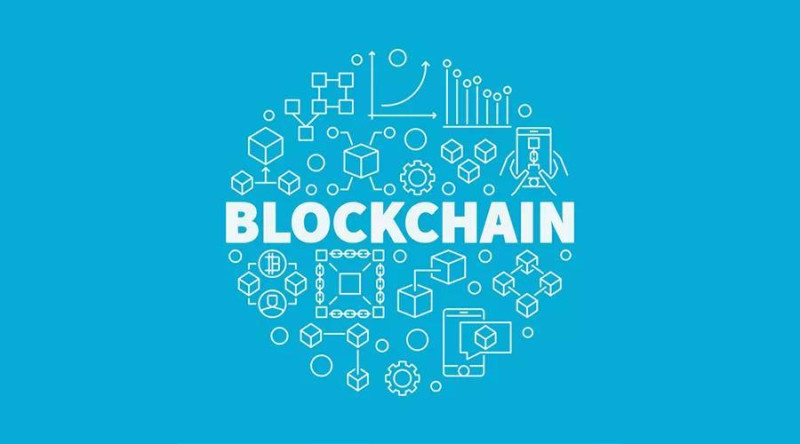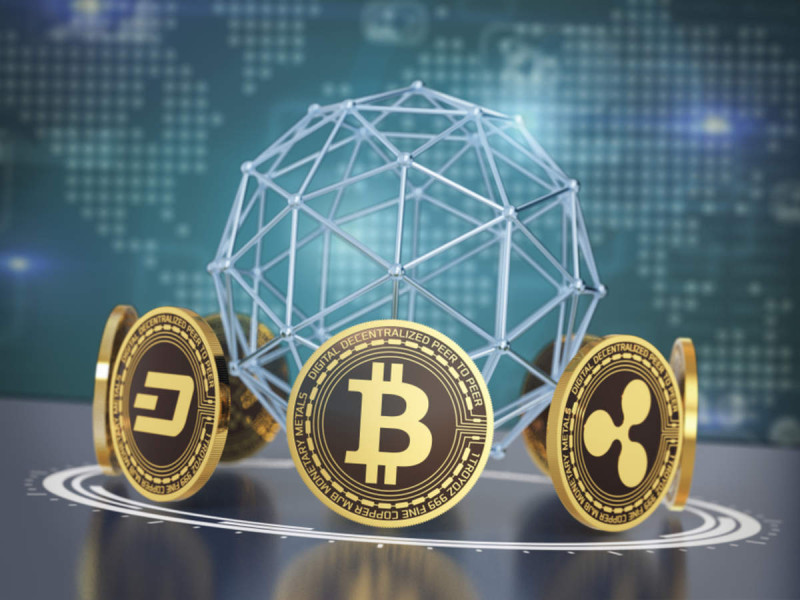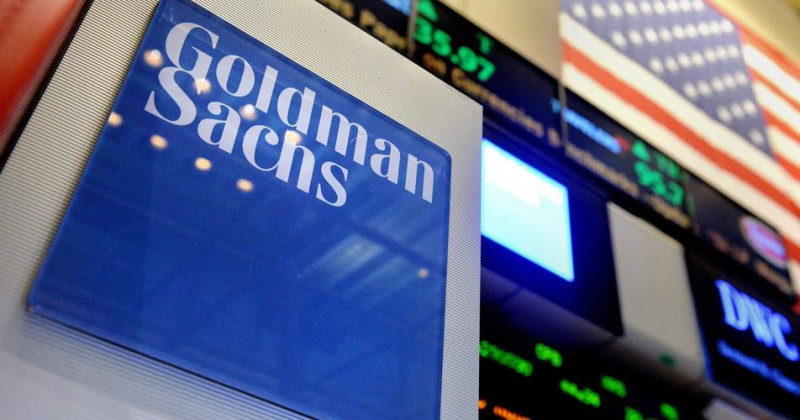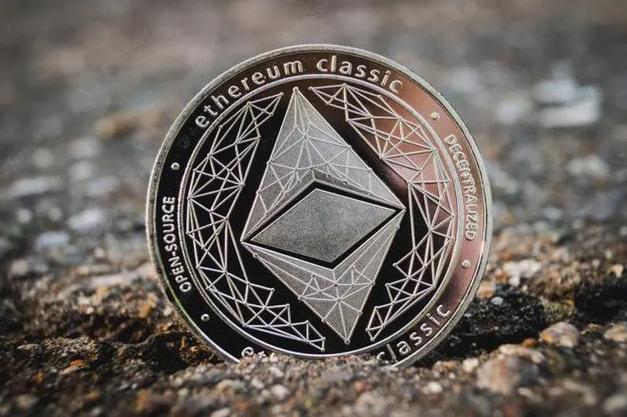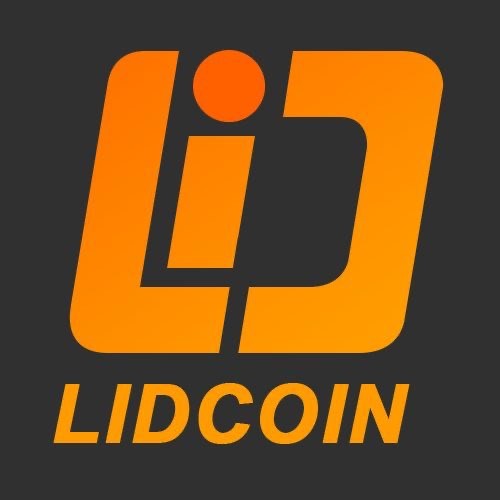Lidcoin: A first look at the endless possibilities of blockchain gaming
With the development of blockchain technology, blockchain games are gradually attracting attention. This innovative model that combines blockchain technology with the game industry brings players a new game experience and economic model. The emergence of blockchain games opens a window of innovation in the game industry and provides players with more opportunities for participation and revenue. In this paper, we will explore the infinite possibilities of blockchain games and support the viewpoints with real cases that are searchable and verifiable.
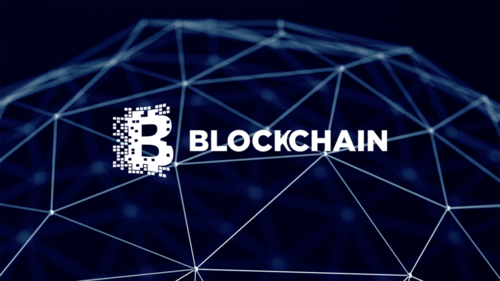
One of the best features of blockchain games is the confirmation of true ownership of assets and decentralized transactions. In traditional games, the props and assets obtained by players in the game are actually owned by the game company, and players cannot really own them. In contrast, blockchain games enable players to truly own and control their game assets by recording the ownership of props and assets on the blockchain. This provides players with more freedom and flexibility and brings new business opportunities to the gaming industry.
A representative case is CryptoKitties, a game on the Ether blockchain. cryptoKitties is a blockchain-based game for collecting and breeding cats, each of which is a unique, non-replicable asset. Players can buy, breed and trade cats to earn revenue. The ownership and transaction records of each cat are stored on the Ether blockchain in the form of smart contracts, and players can check and verify their cat assets at any time. This blockchain-based game model not only gives players real ownership of their assets, but also provides them with a unique collection and trading experience.
In addition to CryptoKitties, there are many other blockchain games emerging. For example, Decentraland is an ethereum blockchain-based virtual reality game where players can buy, sell and build virtual land and properties. Each piece of land exists in the form of a smart contract that allows players to trade through a decentralized marketplace and showcase their creations in the virtual reality world. This blockchain-based virtual reality gaming model provides a space for players to freely create and interact with each other, breaking the restrictions on virtual assets in traditional games.
The development of blockchain games has also led to a new economic model. In traditional games, players are usually just consumers of the game company, while in blockchain games, players can become participants and beneficiaries in the game economy. By participating in in-game economic activities, players can obtain in-game virtual currencies or other rewards that can be traded or exchanged in the real world. This provides a new revenue opportunity for players and inspires more interest and participation in blockchain games.
An interesting case in point is Axie Infinity, a blockchain-based collection and matchmaking game where players can earn revenue by farming, training, and battling virtual creature Axies.Axie Infinity's economic system is built on the ethereum blockchain, and players can sell their Axies or participate in various economic activities within the game to earn in-game tokens. These tokens can be traded on decentralized exchanges, and some players are able to earn considerable income through the game.The success of Axie Infinity proves the feasibility of the blockchain game economic model, attracting a large number of players to participate.
The unlimited possibilities of blockchain games have also triggered changes and innovations in the gaming industry. While the traditional gaming industry is usually monopolized by a handful of large gaming companies, blockchain games offer more opportunities for small developers and creators through their decentralized and open nature. Anyone can develop blockchain-based games and record their creations on the blockchain through smart contracts for transparency and fairness. This decentralized creation and distribution model brings more diversity and innovation to the game industry, enabling more people to participate in game creation and share the benefits.
To summarize, the emergence of blockchain games has brought brand new possibilities to the game industry. Through blockchain technology, the real ownership of assets in games is confirmed, and players can freely trade and control their game assets. The economic model of blockchain games also provides players with more opportunities for participation and revenue. Through searchable and verifiable real cases, we can see that the development of blockchain games is driving change and innovation in the gaming industry. With the continuous progress of technology and users' recognition of blockchain games, it is believed that the unlimited possibilities of blockchain games will continue to expand, bringing players a richer and more interesting gaming experience.
Disclaimer: The copyright of this article belongs to the original author. Reposting this article is solely for the purpose of information dissemination and does not constitute any investment advice. If there is any infringement, please contact us immediately. We will make corrections or deletions as necessary. Thank you.

